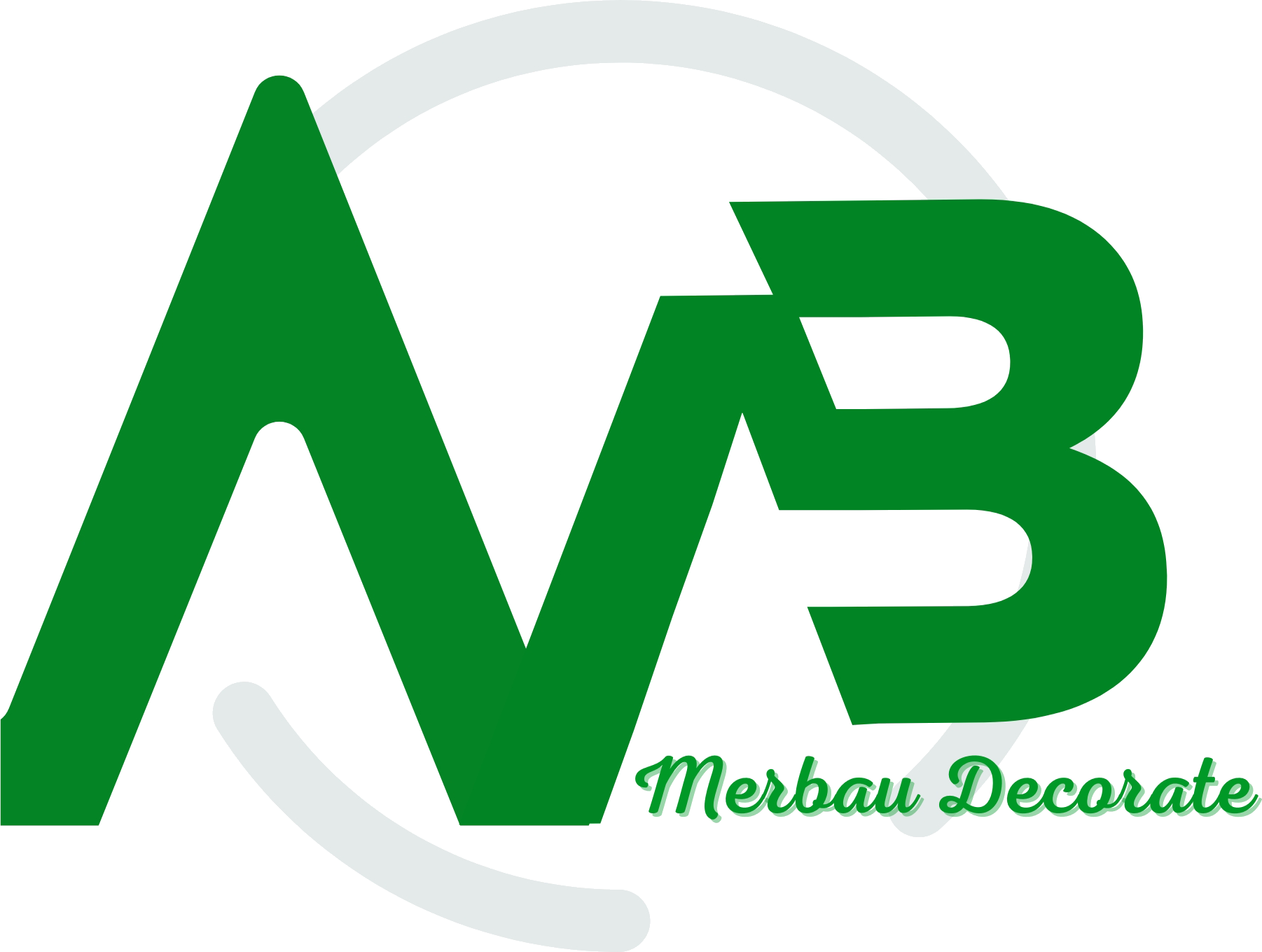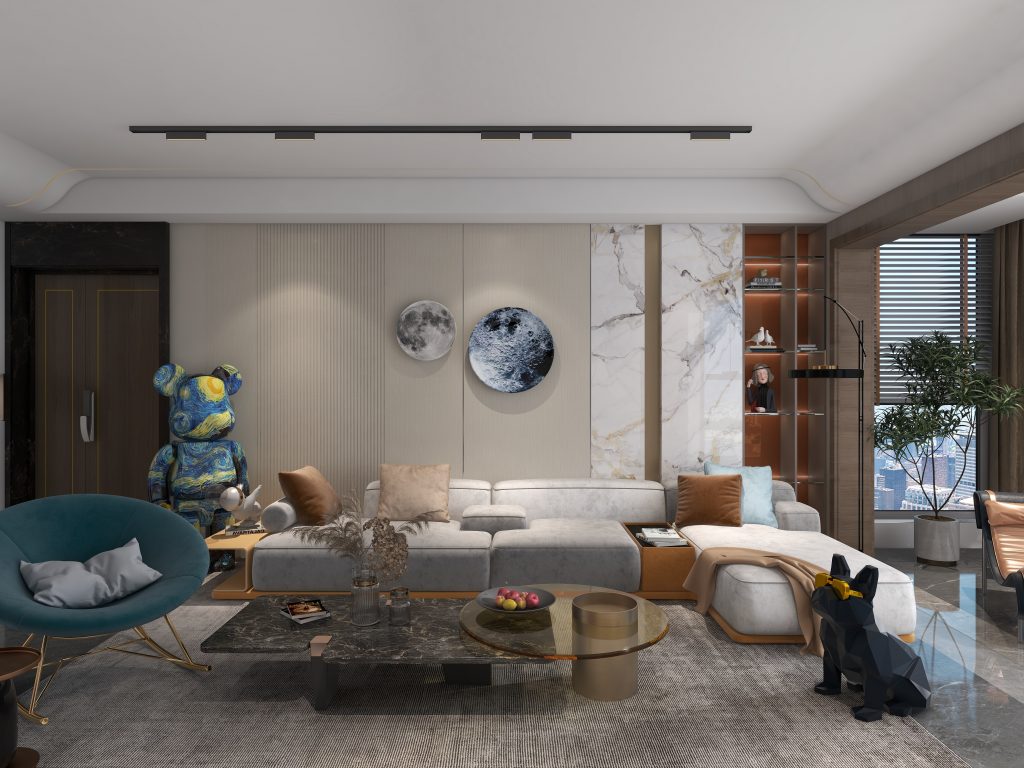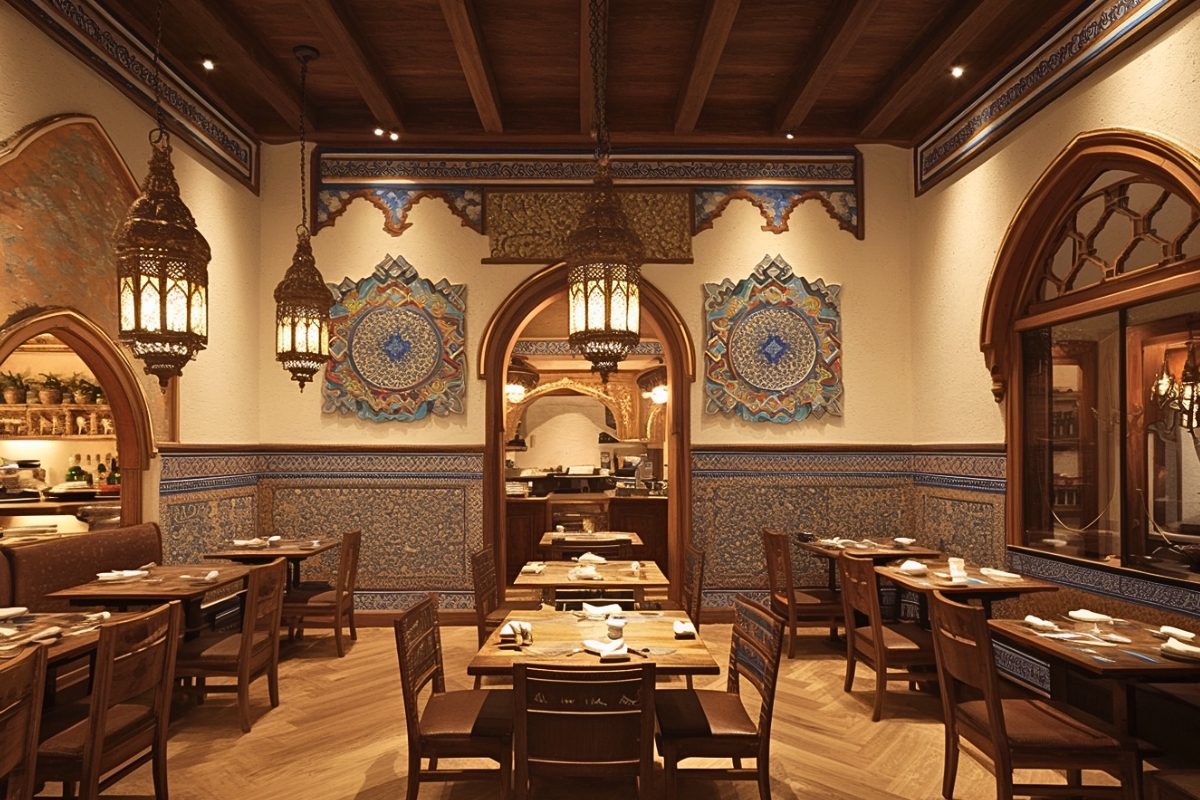SPC wall panels, full name Stone Plastic Composite, are a new type of environmentally friendly decorative material made of stone powder and polyvinyl chloride (PVC). With its excellent waterproof, moisture-proof and durable properties, SPC wall panels have been widely used in the field of interior decoration. This article will discuss the advantages and disadvantages of SPC wall panels in detail and analyze its applicable scope of use.
1. Advantages of SPC wall panels
As a new type of wall material, SPC wall panels have many advantages that traditional materials do not have:
Waterproof and moisture-proof — The stone plastic base material of SPC wall panels makes it extremely waterproof, so in a humid environment, SPC wall panels can still remain stable and will not deform, swell or mold due to water absorption like wood or gypsum wall panels. This gives it a clear competitive advantage in a humid environment.
Wear-resistant and scratch-resistant — The surface of SPC wall panels usually has a layer of UV coating, which can not only resist ultraviolet radiation, but also prevent scratches and wear. Therefore, even in places with high traffic or frequent contact, SPC wall panels can maintain their beautiful surface for a long time and are not easy to damage.
Environmentally friendly and formaldehyde-free — SPC wall panels do not use glue or other adhesives containing formaldehyde during the production process, so the product is completely formaldehyde-free and meets environmental standards. This makes SPC wall panels a safe wall decoration material, especially suitable for places with high air quality requirements, such as homes, schools, hospitals, etc.
Easy installation — Most SPC wall panels adopt a snap-on design, which is simple and quick to install and does not require complex tools and professional skills. Almost no dust or noise is generated during the installation process, which can effectively shorten the construction time and reduce labor costs.
Strong durability — Due to the composite structure of stone powder and PVC, SPC wall panels have excellent impact resistance and durability. It can not only be used for a long time, but also maintain good stability in the face of temperature and humidity changes, and is not easy to deform or crack.
2. Disadvantages of SPC wall panels
Although SPC wall panels have many advantages, they are not perfect materials and still have some limitations:
High hardness — The high hardness of SPC wall panels improves its durability and impact resistance, but also brings discomfort to the touch. Compared with wood or soft wall materials, SPC wall panels appear to be relatively hard and may not be suitable for interior designs that pursue warm or soft textures.
Poor elasticity — Due to the nature of stone-plastic composite materials themselves, SPC wall panels have poor elasticity. In some places where flexibility is required, SPC wall panels may not provide enough comfort. For example, it may have tiny cracks in the case of high impact or strong vibration.
Limited design options — Although SPC wall panels can imitate the texture of a variety of natural materials, such as wood grain, marble grain, etc., the texture is still slightly insufficient compared to real materials. In addition, the color and pattern selection of SPC wall panels is relatively limited, and it cannot fully meet some highly customized design requirements.
High cost — Compared with traditional wall panel materials, the production cost of SPC wall panels is relatively high, especially high-end SPC products are expensive. Therefore, for projects with limited budgets, SPC wall panels may not be the most cost-effective choice.
3. Scope of use of SPC wall panels
With its waterproof, wear-resistant, and environmentally friendly properties, SPC wall panels have been widely used in the following occasions:
Kitchen and bathroom — Since SPC wall panels have excellent waterproof and moisture-proof properties, they are very suitable for use in environments with high humidity such as kitchens and bathrooms. Traditional wall materials are easily damaged by moisture in these spaces, while SPC wall panels can remain stable and durable in water vapor and moisture environments.
Commercial places — For commercial spaces with high traffic such as hotels, offices, and shopping malls, SPC wall panels have become ideal wall decoration materials due to their strong wear resistance, easy cleaning, and quick installation. These places often need to face high-frequency use and cleaning and maintenance, so the durable and environmentally friendly SPC wall panels perform well.
Home space — In home decoration, SPC wall panels are widely used for wall decoration in living rooms, bedrooms, corridors, etc. Its rich design and pattern selection can match a variety of decoration styles, which is both beautiful and practical. At the same time, the formaldehyde-free characteristics of SPC wall panels also make them a safe and environmentally friendly wall material in the home, especially suitable for families with elderly people and children.
Schools and hospitals — SPC wall panels are an ideal choice for public places with extremely high requirements for air quality and material environmental protection, such as schools, kindergartens, hospitals, etc. It not only ensures indoor air quality, but also has good antibacterial properties, which can effectively reduce bacterial growth and ensure the health and safety of public spaces.
As an environmentally friendly and durable wall decoration material, SPC wall panels have been widely used in many fields such as homes, businesses, and public places due to their excellent waterproof and wear resistance. In general, SPC wall panels are a high-performance material that is very suitable for modern decoration needs, especially in environments that require water resistance and wear resistance, and they play an irreplaceable role.











